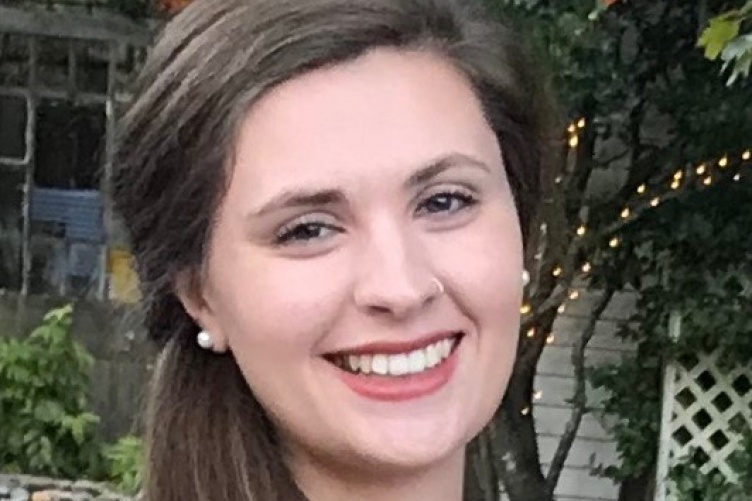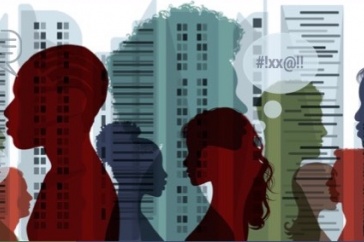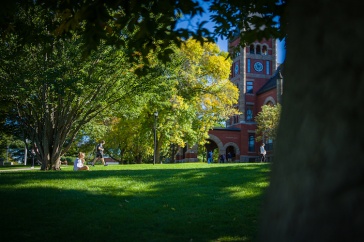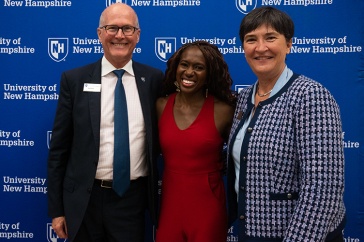
‘Hookup culture’—broadly defined as a culture that accepts and encourages uncommitted sexual encounters between consenting individuals—is a prominent part of life on college campuses, and the dissertation topic of sociology PhD student Della Burke.
Burke’s research, however, has an important distinction. Because most of the research she’s found on the subject centers on heterosexual narratives, she is investigating the LGBTQ+ experience of hookup culture on college campuses.
“I think we have a pretty good understanding of the risks and benefits that hookup culture allots straight people,” says Burke, “but we don’t have that in non-straight scenarios.” Thus, Burke’s research could provide much-needed insights into the dating experiences of sexual minorities, which in turn could better inform safety measures for LGBTQ+ students on college campuses.
For Burke, now pursuing her third degree on the UNH campus, her interest in this topic stems from her own dating experiences as a lesbian-identifying student.
“As an undergraduate student [at UNH], I found myself struggling to find my place, whereas my straight friends would go out and they had a clear script that they got to follow in what hooking up looked like for them,” Burke says. “I had to make that for myself, and I’m interested in that experience broadly for sexual minority students.”
Originally, the plan was for Burke to spend her summer conducting in-person interviews with LGBTQ+ undergraduates on the UNH campus. To support her in this process, Burke was awarded a Summer Teaching Assistant Fellowship (STAF), an award given by the UNH graduate school to students who have served as teaching assistants and have performed exceptionally well both as TAs and students.
Then the pandemic hit, which led Burke to quickly reevaluate her plan. Instead of interviewing only UNH students, she began advertising on social media to interview any LGBTQ+ student in the country via Zoom.
“This was really a blessing in disguise,” Burke says. “My sample is a lot more racially diverse, and I’ve gotten to talk to people I never would have gotten to talk to.”
As of last week, Burke has completed 18 interviews, over halfway to her goal of 30. However, she was quick to note the risk involved for LGBTQ+ students, many of whom were at home with their families throughout the pandemic.
“I’ve been particularly struck by people who have wanted to do interviews, but then had to schedule them at particular times when their parents weren’t home,” Burke says. “The experiences of the people I’ve talked to have widely varied, including people who are not out. If and when they do come out, they could potentially lose their family.”
Though Burke is still a way off from drawing any conclusions in her research, she says that the focus of her project has already shifted.
“It won’t be as clear-cut as it would have been if I had done a study at UNH of this specific hookup culture that exists on this specific school,” she says. “Now it’s broader, and I think it will become about how students who are not straight experience and navigate hookup culture for themselves, and not situated within a specific location.”
-
Written By:
Lily Greenberg '21G | Grad School



















































